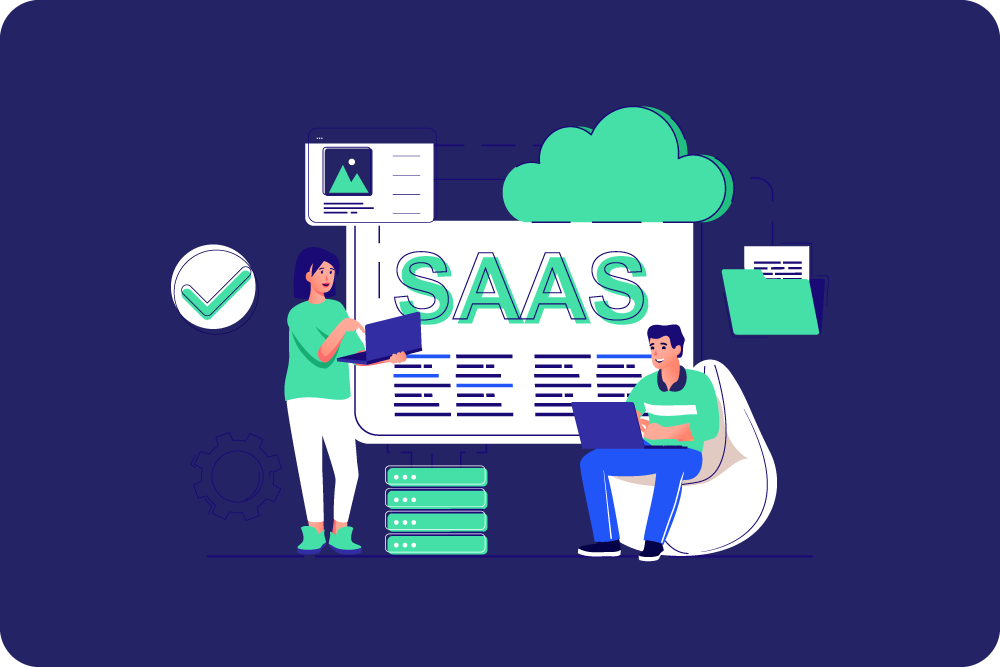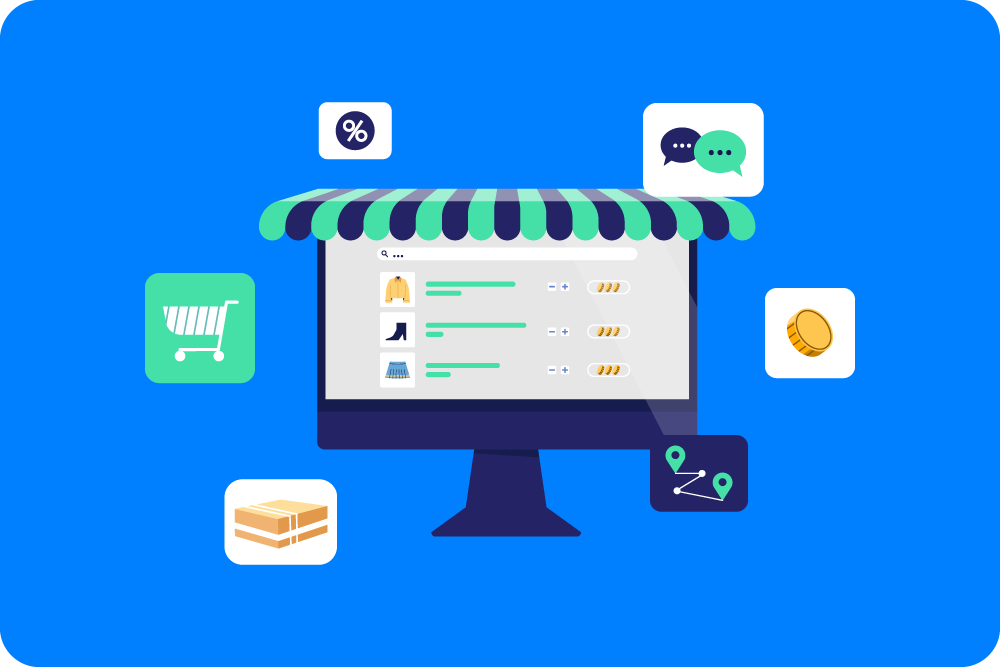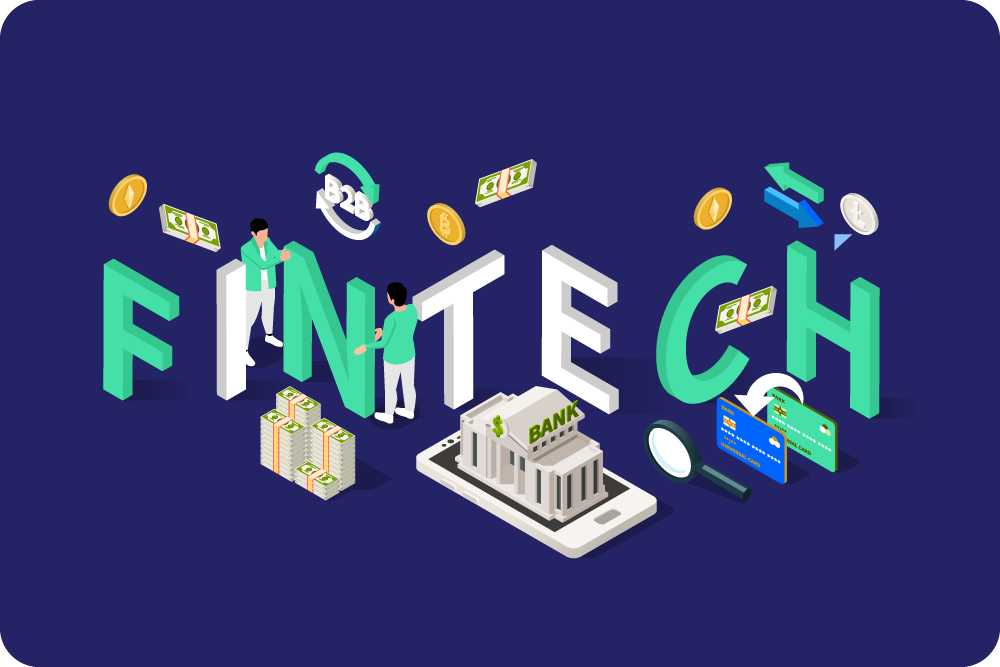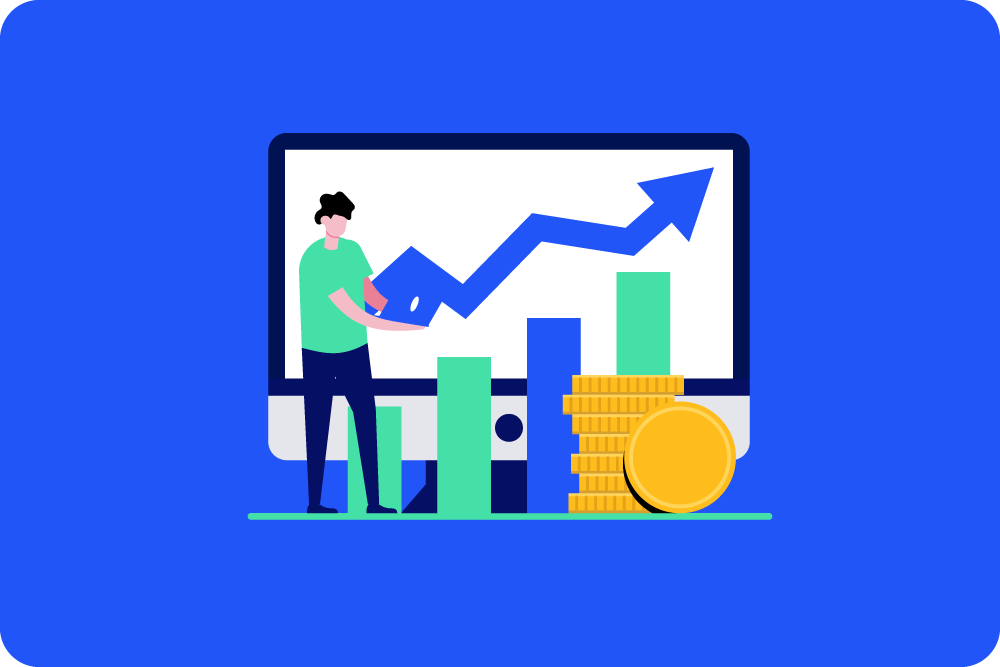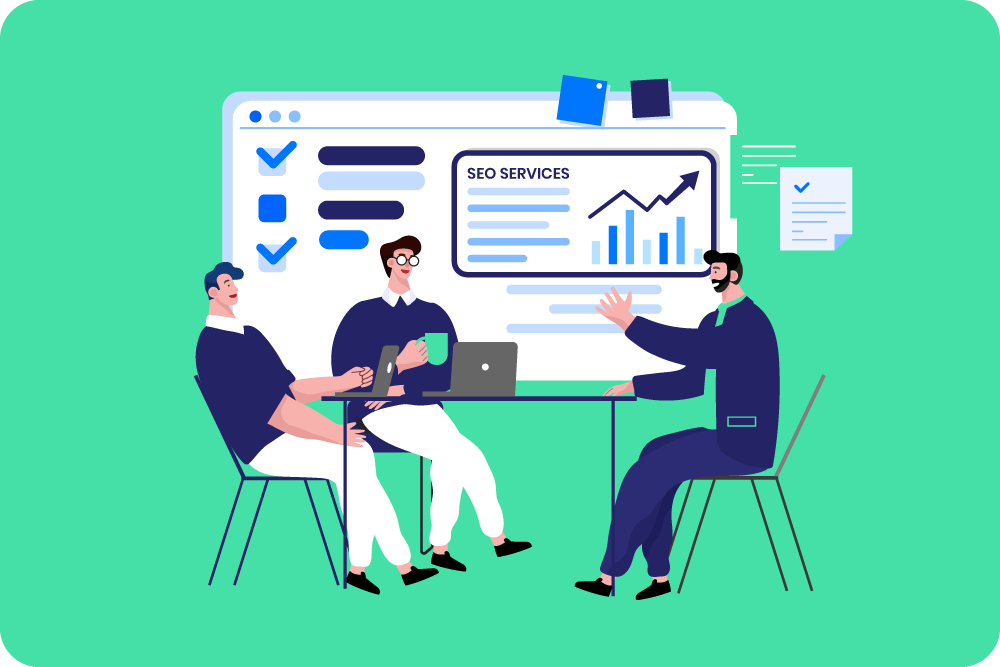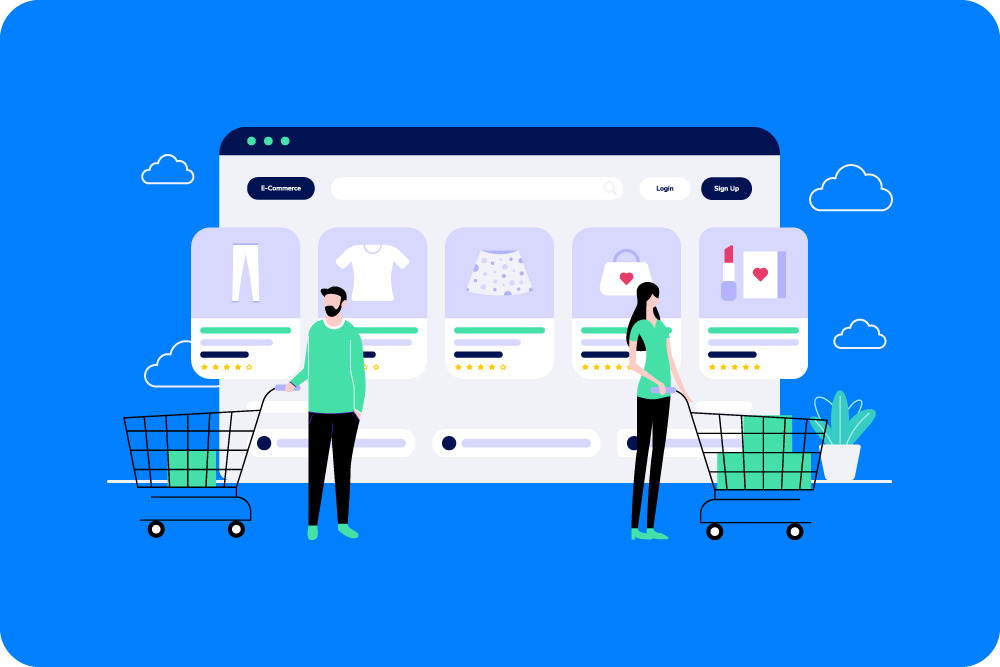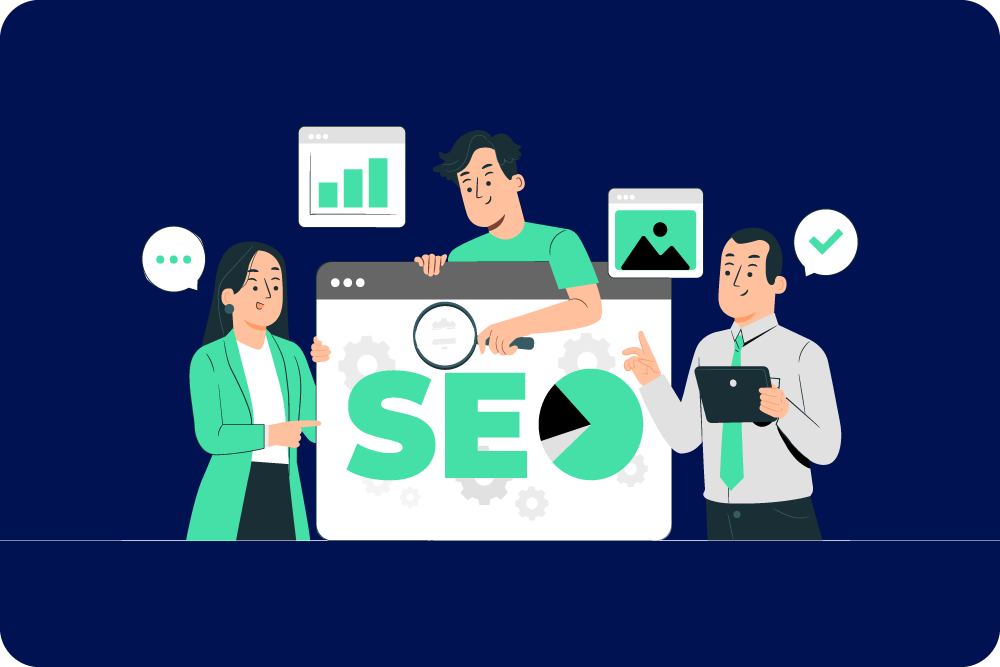Top 10 SaaS Marketing Strategies You Can’t Ignore in 2023
With a new year, it is time to reflect on the trends and techniques shaping the landscape of SaaS marketing in 2023. Knowing where to begin might be challenging when so many possibilities are available. For this reason, we have compiled a list of the top ten SaaS marketing tactics for 2023. Whether you’re an old hand at the SaaS game or just getting started, these tactics will set you apart and help you win. Let’s get started.
What is SAAS?
SAAS stands for Software as a Service, a software delivery model where software is provided over the internet, rather than installed on local computers. Customers access the software through a web browser, and the provider manages the infrastructure, security, and maintenance. Examples of SAAS include customer relationship management (CRM) software, project management tools, and office productivity software like Google Workspace.
What is SaaS marketing?
SaaS marketing is promoting and selling software products delivered over the internet (Software as a Service) to potential customers. SaaS marketing aims to create awareness, generate leads, and convert those leads into paying customers. This can be achieved through various marketing channels, including content marketing, search engine optimisation (SEO), email marketing, social media marketing, and advertising. According to AI bees, SaaS marketing aims to differentiate the product from competitors, demonstrate its value proposition, and build trust with potential customers.
Why is SaaS marketing important?
The business community’s openness to SaaS (Software as a Service) has increased consistently over the last several years. Since 2020, when the COVID-19 epidemic got going, its popularity has skyrocketed.
The SaaS market was worth $157 billion in 2021, and analysts predict it will be worth more than $140 billion the following year. At a CAGR of 18%, the SaaS market is projected to balloon to $623 billion by 2023.
SaaS marketing teams are responsible for producing promotional materials sent to potential buyers. They also contribute to the actual implementation of the SaaS marketing plans.
Best Practices for Saas Marketing to Increase Lead Generation
The following set of SaaS marketing strategies will help you lead the pack in the next year.
1. Develop A Content Marketing Strategy
Using SaaS content marketing is crucial to developing any software as a service (SaaS) business. Customers actively looking for ways to alleviate their problems are more inclined to embrace a new app marketing platform.
Taking advantage of this window of opportunity requires B2B SaaS firms to provide high-quality content that addresses actual issues faced by their target audience. Content promotion has shown itself repeatedly as an economical strategy for expanding your clientele. Economic a fivefold increase in return on investment (ROI) from using content marketing for SaaS marketing vs with using paid search or display advertisements.
Not only do you need to come up with content, but you also need to make sure that it is valuable to your targeted users.
How effective is content marketing? It’s the statistics that define the effectiveness is content marketing.
70% of B2B marketers and B2C marketers utilise content marketing, according to the Content Marketing Institute. Semrush found that 91 per cent of marketing professionals who used content marketing in 2021 saw positive results.
See How Our Agency Can Help You Grow Your SAAS Business
Paid Media: Drive targeted leads with effective paid advertising strategies.
SEO: Increase online visibility and attract organic traffic with optimized SEO techniques.
Content Marketing: Generate buzz and attract traffic with compelling content.
Email Marketing: Nurture customer relationships and drive conversions through targeted email campaigns.
Branding: Establish a strong brand identity that sets you apart from the competition.


2. Use Seo For Lead Generation
SEO continues to be the most effective Saas Marketing tactic for attracting customers.
You can fall behind competitors who are actively producing leads via sponsored search advertising if you’re employing SEO to do it, however.
You’ll need to invest in SEO to compete successfully with sponsored search. This entails investing in keyword research, link development, and content marketing.
The quantity of links pointing to a website affects how high it appears in many search engines. People will only discover your website if it ranks effectively for keywords relating to your goods or services.
To optimise your site, you should first carry out keyword research on your intended audience. Then, use those keywords across your website to let Google know that each page corresponds to a specific term. Your website will rank higher as a result.
The value of SEO for businesses can be analysed from the following facts below.
- Organic search generates 53.3% of all website visitors. (BrightEdge)
- Google Search, Images, and Maps account for 92.96% of all worldwide traffic. (SparkToro)
3. Implement Pay-Per-Click Ad Campaigns
Another successful Saas marketing tactic is pay-per-click (PPC) marketing, which enables you to place bids on particular keywords associated with your goods or services.
An efficient Saas marketing agency plans to includes organic and sponsored searches to reach your target demographic. While organic search brings visitors to your website, paid search aids in attracting quality leads, as Pay-per-click (PPC) advertising is a 45% investment for small businesses. Most users (49% of users) click on text advertising. PPC is a significant business driver, according to 74% of brands. In the next 12 months, 64% of businesses want to boost their PPC expenditure.
4. Enhance Customer Satisfaction
The term “customer experience” (CX) refers to a company’s overall relationship with its clients. It covers everything, from how good the goods and services are to how easy it is to order and get them.
This is the most critical SaaS marketing strategy because it impacts every facet of your company.
Over 70% of sales increase, according to Gartner, is attributed to Customer experience.
4. Get Listed On Saas Review Sites
Businesses may post reviews of their goods and services on these websites.
It’s an additional Saas growth tactic that may boost revenue and conversions. There are two tasks you must do first, however, before diving in.
- First, Determine which review sites are most effective for you first. Today, there are several possibilities, including Angle’s List, Trustpilot, Yelp, and Google Reviews.
- Second, provide content that draws in prospective clients. You should include more than just a few phrases; you should also connect to your social media profiles and incorporate videos highlighting your product.
- Additionally, make it simple for consumers to submit reviews. Making your contact form simple and obvious is necessary.
Also, make sure every page displays your company’s address. Follow up right after when a complaint is left. Responding within 24 hours demonstrates your concern and commitment to resolving their problems.
5. Leverage CRM
SaaS marketing may increase client relationships and expand businesses by using CRM technologies. From lead generation to customer retention, a CRM system helps firms manage customer interactions and data.
CRM allows companies to customise interactions, improve service, and boost customer loyalty by centralising all customer-related tasks. It also lets companies examine consumer data and learn about customer behaviour to optimise marketing efforts and expand the company.
CRM systems automate and improve marketing operations, including email campaigns, lead nurturing, and customer segmentation. This may boost productivity and customise client experiences.
6. Strengthen Your Email Marketing Efforts
Prospects and customers will respond better to customised emails sent via automated drip programmes. Why?
Research shows that including a recipient’s name in an email subject line increases open rates by 58%. In directly, email marketing increases 58% the possibility of conversion.
In addition, many distributors, wholesalers, and sales agencies also make direct consumer connections. However, when the trial ends, many potential customers may need to remember about your products and services.
7. Entice CTA
Understanding what you want people to do is the first and most crucial step to a compelling call to action. Your CTA will likely only succeed with a precise aim. Every aspect of your website or landing page should help convert visitors into leads or customers.
Users should see and readily access your CTA. Precise, short wording with an action-inducing verb is best. The button should stand out from the page with colour contrast.
Make sure your CTA matches the user’s buyer’s journey stage.
8. Develop Social Media Strategy
For a SaaS company, creating a social media marketing strategy means figuring out your target audience, setting clear goals, and making interesting content that shows off your product and solves customer problems. Use data analysis to find out which platforms your audience is most active on, and give those platforms the most attention in your strategy. Consistency and frequency are key to maintaining an active presence on social media, so be sure to develop a content calendar and stick to a posting schedule. Engage with your followers by responding to their comments and messages, and if you want to reach more people, think about running targeted social media ads. Check how well your strategy is working often and make changes as needed to make sure you are reaching and converting potential customers.
9. Invest in Referrals
Referrals really boost business. Referrals to your website might earn a commission. Referrals develop long-term connections and cost nothing.
HubSpot found that approximately 50% of e-commerce site visitors are recommendations.
Brains Hub As A SaaS Marketing Agency
Brains Hub is a marketing agency that specialises in serving SaaS businesses. By leveraging its expertise in SaaS marketing, Brains Hub helps its clients grow their businesses and reach their goals. The agency offers a wide range of services, including content marketing, lead generation, email marketing, and more.
With a deep understanding of the SaaS market and the unique challenges faced by SaaS businesses, Brains Hub can help its clients differentiate their products, build brand awareness, and increase customer engagement. The agency works closely with its clients to develop a customised marketing strategy that considers their unique business goals, target audience, and competitive landscape.
In addition, Brains Hub leverages data-driven insights to continuously optimise its clients’ marketing campaigns, ensuring they reach the right people with the right message at the right time. By partnering with Brains Hub, SaaS businesses can focus on what they do best – developing and delivering high-quality software products – while leaving the marketing to the experts.
Whether you want to increase website traffic, generate more leads, or grow your customer base, Brains Hub is a trusted partner to help you achieve your goals. Brains Hub is the right choice for you if you’re looking for a partner to help you succeed in the competitive world of SaaS marketing.
Final Thoughts on SaaS Marketing
SaaS businesses need a marketing strategy. If you know about SaaS marketing and the most important ways to do it, you may be able to promote your SaaS product or service better.
SaaS content marketing methods include generating explicit and exciting content for your target audience, optimising your website for search engines, and using social media to establish connections with prospective consumers and remain top-of-mind. To optimise ROI, evaluate and adapt your SaaS marketing activities.
SaaS marketing depends on your target market, product or service, and company objectives. However, following the above advice may create an effective saas marketing plan for your organisation.
These techniques help you develop quicker in SaaS by attracting more users and turning them into paying clients.Saas marketing
“Ready to take your SaaS marketing to the next level? Sign up for a free consultation today and discover how we can help you achieve your marketing goals!”

